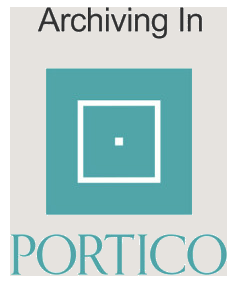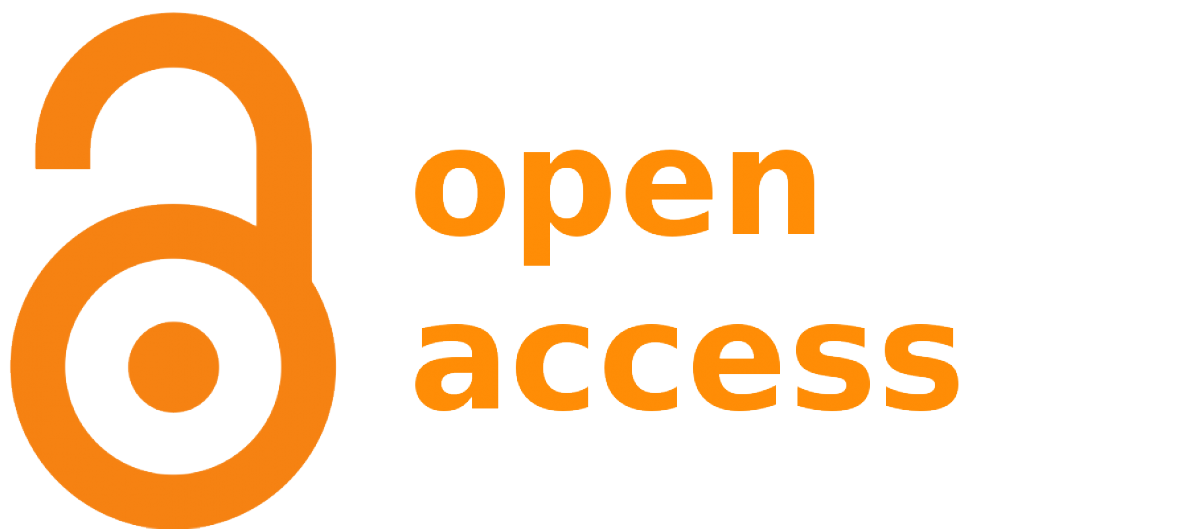Author Bio
Carolyne J. White is a publicly engaged scholar and professor at Rutgers University Newark. Principal investigator on projects funded by the U.S. Department of Education, National Science Foundation, Joyce Foundation, Navajo Nation, etc., her scholarship is published in book chapters and journal articles in American Indian Quarterly, Cultural Studies-Critical Methodologies, Educational Foundations, International Journal of Education Policy, Journal of Negro Education, Qualitative Inquiry, Teachers College Record, Teacher Education Quarterly. Current focus is a pedagogical project that differentiates the System of White Supremacy and fosters Climate Justice utilizing ontological inquiry to provoke ways of being and acting beyond colonial Cartesian subjectivity.
Arturo E. Osorio is an Associate Professor of Practice – Entrepreneurship at Rutgers Business School. His research focuses on urban entrepreneurship and on food security. He is the Academic Director of the Entrepreneurship program at Rutgers and a Fellow at several centers and institutes. He is a co-founding member of ArMar Consulting. He is an Advisor/board member of startups, Chambers of Commerce, Community Development Corporations, and Non-profits. Dr. Osorio graduated from the University of Massachusetts Amherst (PhD and MBA) and Universidad Popular Autonoma del Estado de Puebla, Mexico (BA). He has authored research articles, edited books, book chapters, presentations, and reports.
Timothy K. Eatman is professor and the inaugural dean of the Rutgers Honors Living and Learning Community. Co-editor of the Cambridge Handbook of Service Learning and Civic Engagement, he has published several journal articles, book chapters and reports. Faculty member for the Association of American Colleges and Universities (AAC&U) Summer Institutes on High Impact Practices and the Advisory Panel for the Carnegie Engagement Classification for Community Engagement, he received the 2010 Early Career Research Award for the International Association for Research on Service Learning and Community Engagement (IARSLCE) and he often consults with Higher Education associations and institutions.
Margaret J. Weiss has spent her entire career developing team-building programs and consulting with organizations, communities, and families to maximize their performance. Specializing in numerous approaches that she has found to be effective, including Ontological Design, Integral Leadership in Adaptive Situations, Somatic Awareness, Commitment-Based Management, and Appreciative Inquiry, she has designed and engaged in ontological inquiries with global corporations, government agencies, and large capital projects primarily focused on the Executive Teams leading the Cultural Change necessary for innovation and care for people and the environment.
Keywords
Ontological inquiry, modernity, system of white supremacy, publicly engaged scholarship, climate justice
Abstract
Seeking an answer to Tina Turner’s refrain, “What’s Love Got to Do with It?” this article is a rebellious, messy, place-based and deeply collaborative conversation. We draw upon the legacy of theatre and social critique and adopt the literary present tense to evoke a brave intimate space for imagining possibilities beyond the academic conventions of the present epistemological order. We seek to illuminate how ontological inquiry may provoke powerful access to generating new worldmaking for climate justice, particularly when one is being a publicly engaged scholar. Why new worldmaking? Within this unprecedented time of racial reckoning, war, climate catastrophe and the impacts of a worldwide pandemic, all the result of human beings thingifying one another and our planet, there is growing awareness that if our relatively recent collective inheritance (infection) of the System of White Supremacy remains unabated, human life will cease to exist on this planet. How do we make a new world? First, we must discover for ourselves how we have been infected, how this infection is inadvertently spread within our universities, and how this infection prevents us from authentically loving our human and non-human companions and the planet that gives us life.
Recommended Citation
White, Carolyne J.; Osorio, Arturo E.; Eatman, Tim K.; and Weiss, Margaret J.
(2023)
"Differentiating Modernity (the System of White Supremacy) and Generating Otherwise Worlds as Publicly Engaged Scholars: What’s Ontological Inquiry Got to Do With It?,"
Turning Toward Being: The Journal of Ontological Inquiry in Education: Vol. 1:
Iss.
2, Article 2.
Available at:
https://rdw.rowan.edu/joie/vol1/iss2/2






